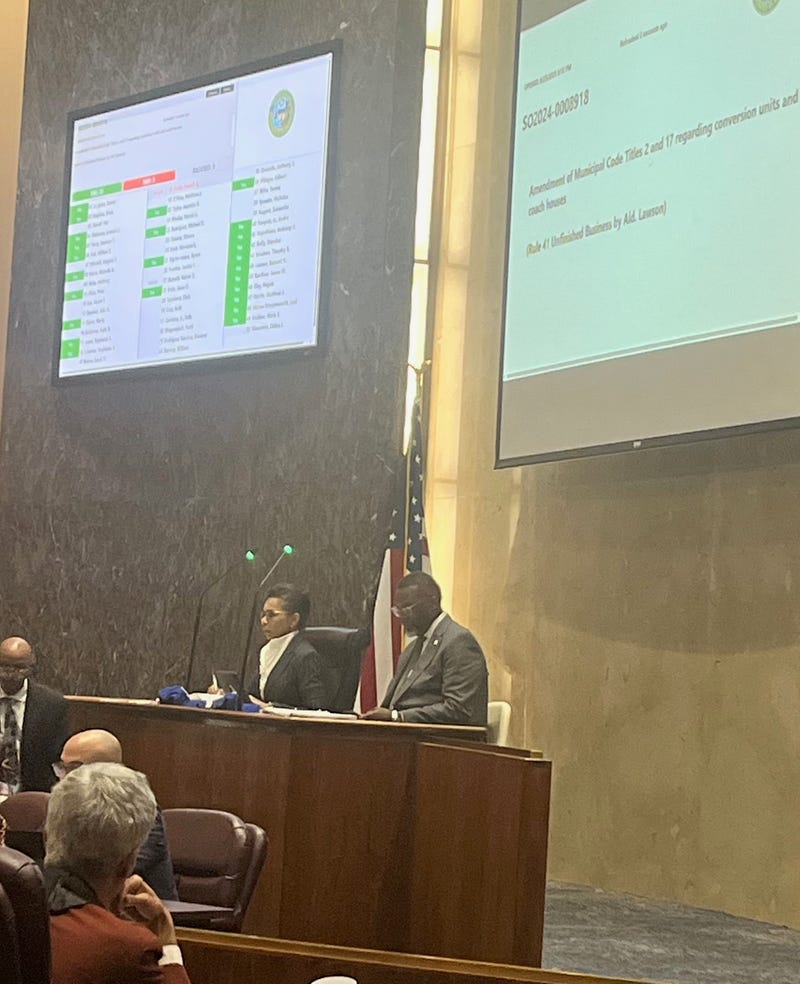
The search for an affordable apartment in the city could soon get a little easier, following a vote by Chicago aldermen.
Members of the Chicago City Council on Thursday wrapped up a marathon meeting - their first in two months - with unanimous passage of what's become known as the "granny flat" ordinance.
The vote lifting the decades-old ban on new carriage houses and "accessory" apartments in the city is a compromise between Lakeview alderman Bennett Lawson, who called it a way to boost the supply of affordable housing, and Southwest side alderman Marty Quinn, who said what worked in Lawson's ward might not work in his area near Midway Airport.
Lawson told colleagues the ordinance is an evolution of a piece of legislation he introduced on his first day as a member of the City Council, affecting not only coach houses but dedicated living spaces created in "the upstairs attic, the basement, the upstairs office above a store - the storeroom."
"It will bring hundreds of new units, hopefully, a year - but in ways you may not even notice in a neighborhood, said Lawson (44th Ward).
Quinn told fellow aldermen that the ordinance preserves some level of the time-honored Chicago tradition of aldermanic prerogative, by requiring aldermen to specifically "opt in" to the ordinance for specific single-family neighborhoods.
"I trust my colleagues to know what's best for their residents and their wards," said Quinn (13rd Ward), who also praised the inclusion of a requirement that construction workers and sub-contractors must have gone through a union apprenticeship program.
He also praised Ald. Lawson for his cooperation and willingness to work out a compromise: "What we achieved is not something we see every day - two sides coming together to find common ground."
The council also approved an $8 billion dollar development plan for the area in the South Loop known as The 78 -- to be anchored by a new stadium for the Chicago Fire soccer team -- and a plan to help people living around the future Obama Center stay in the neighborhood.
